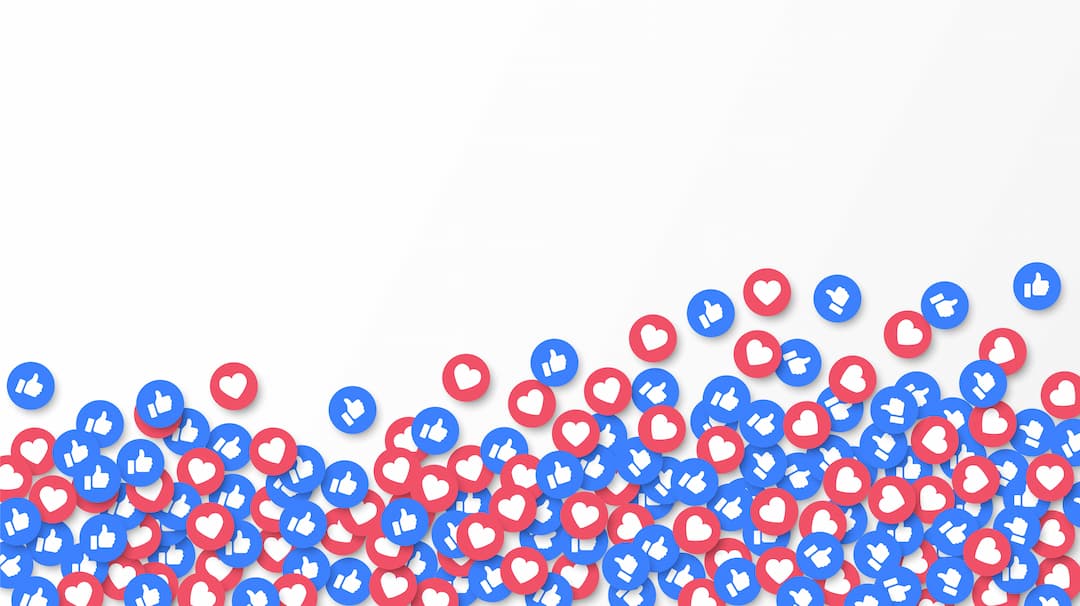What does social media have in common with tobacco? It might be more than you think. Both are highly addictive and very profitable. Tobacco has been given strict regulations over the years, but should online services also face the same treatment?
Can Addictive Algorithms Be Used Ethically?
Chamath Palihapitiya was formerly vice-president for user growth at Facebook. He said that he feels ‘tremendous guilt’ for the effect that his work has had on society. This begs the question – can these algorithms be used in a more ethical way?
To earn the attention and trust of your customers, you’ll need to use marketing tactics. Marketing is manipulative by its nature. But manipulation can be used ethically. Unlike social media companies, you shouldn’t need to use shady strategies to attract users to your website. If the product or service that you provide is useful, you can keep their attention by offering high quality, relevant content.
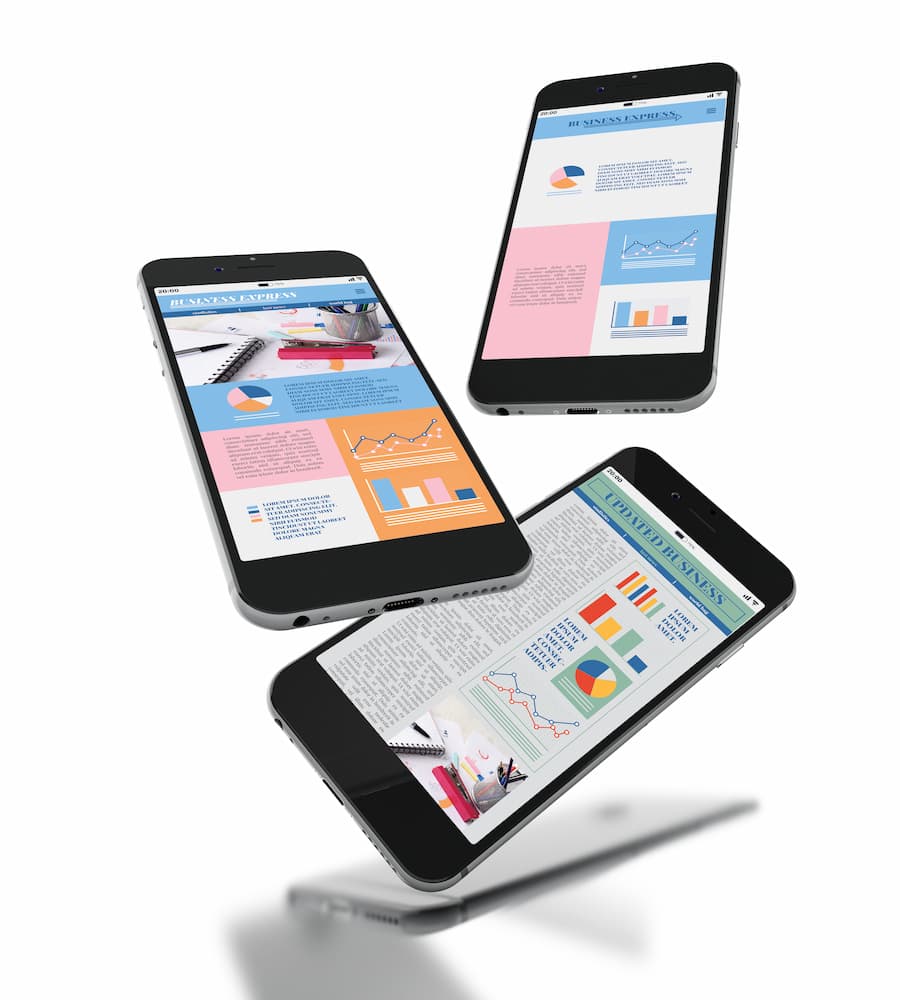
Are These Algorithms Really Addictive?
We already know that social media addiction is a very real thing. The most popular platforms use tactics that are proven to create addictive cycles. There have been many studies that explore the effects that social media has on the brain and its chemistry. Social media platforms are specifically designed to manipulate the brain’s reward systems. This makes us likely to spend more time using these services, and also keeps us coming back. Let’s take a deeper look at what some of these studies have found…
The Ludic Loop
Did you know that Facebook, Twitter, Instagram and many other social media platforms have something in common with slot machines? When you pull the trigger on a gambling device, your brain reacts in the same way as it does when you pull down to refresh your news feed. It’s a cycle of anticipation and result. There are feelings of excitement combined with a sense of dissatisfaction, because there’s always going to be something new when you pull down and refresh the page. This keeps us coming back, stuck in what’s called a Ludic Loop of anticipation and result.
The Endless Scroll
You might have noticed that your social media feeds are endless. No matter how far you scroll, you’ll never reach an ‘end’. This keeps you hooked, continually scrolling and focusing your attention on what’s in front of you. This trick means that you don’t reach a natural stopping point, therefore finding it much harder to close the app and take a break. You’ll also see this technique on YouTube, Instagram and TikTok, where videos continue to play automatically in an endless cycle.
Doomscrolling
It’s no coincidence that some people refer to the endless scroll as ‘doomscrolling’. Companies that produce content know that we are drawn to negative information. That’s why doom and gloom news stories are often seen on the front page. They sell more copies. Doomscrolling is the process of crawling through a newsfeed full of bad news. It makes us feel bad, which we then try to compensate for by scrolling further in search of a dopamine hit.
Gamification
Gamification is when something that isn’t a game feels like a game. This could refer to something like a trivia quiz on an Instagram story or simply racking up likes and comments on a post. When we feel compelled to compete and engage in an activity on social media, it’s likely an example of gamification. This isn’t always a bad thing. Gamification is often used for positive interactions, such as learning activities for children.
Why Are These Platforms Designed To Be Addictive?
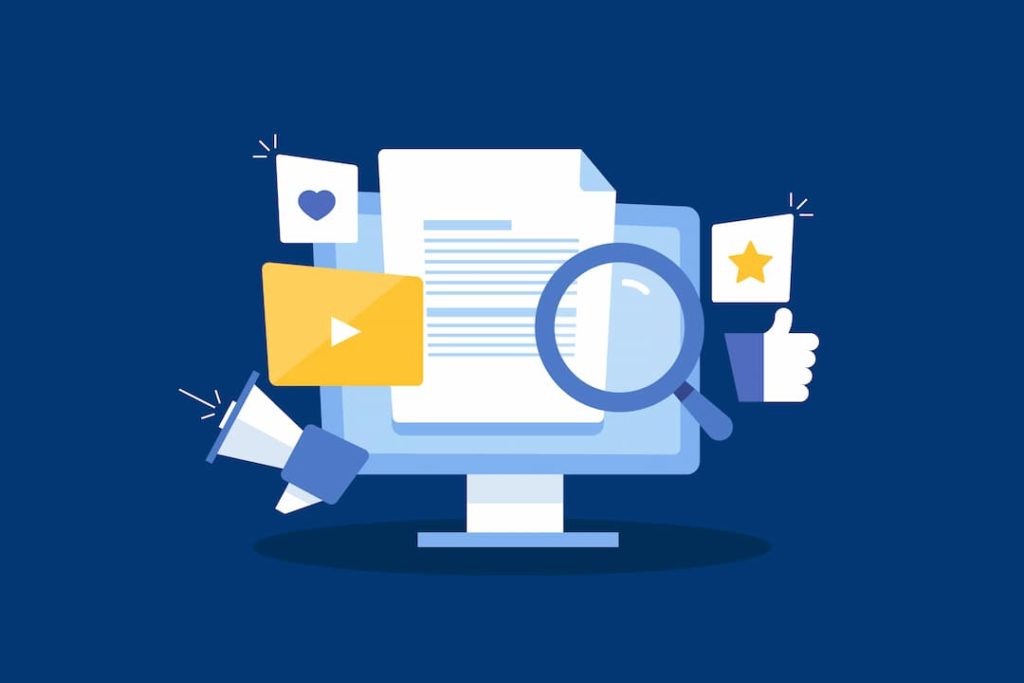
There’s a saying that goes: ‘if you’re not paying for it, you’re probably the product’. For social media, this phrase couldn’t be more true. On platforms such as Facebook, Twitter, Instagram and more, your time is a commodity. Think about it. Social media companies make money through advertisements. These adverts are placed on users’ newsfeeds. The more time that they spend on the platform, the more advertisements they can be shown. Therefore generating more revenue for the social media company.
What Effect Does Social Media Addiction Have?
Negative effects can include mood disorders like depression, anxiety and even eating disorders. Social media addiction could impact your relationships with friends and family, as well as affecting your productivity and self-esteem. In severe cases, you could face problems at work.

The addictive algorithms that social media companies use don’t have users best interests in mind. If you feel that you can’t manage without using your social media account for a while, you could be facing an addiction.
The Bergen Facebook Addiction Scale
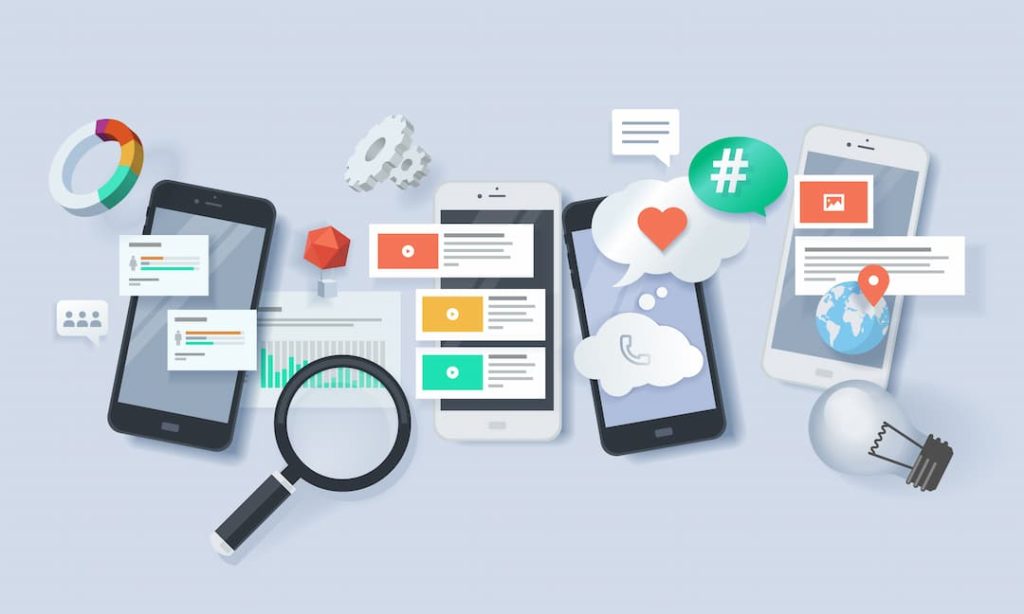
Did you know that there’s a questionnaire to determine whether you have an addiction to social media? The Bergen Facebook Addiction Scale is a real thing, and it can be used to define addiction to any social media platform. It assesses six element of addiction: prominence, mood changes, tolerance, withdrawal, conflict and relapse. This study has been used to classify problematic use of TikTok, which is becoming a significant issue among some internet users.
TikTok Addiction
TikTok became incredibly popular during the lockdowns in 2020. A new study has identified the signs of TikTok addiction. These include nervousness, irritability, anxiety and low mood when access to the platform is taken away. All of these are indicative of withdrawal symptoms, which can lead to harmful thoughts and behaviours. Problematic use of TikTok can result in low self-esteem, loneliness and other psychological issues. This means that TikTok addiction can have severe consequences, so it should be taken seriously.
The more time you can commit to your strategy, the better.
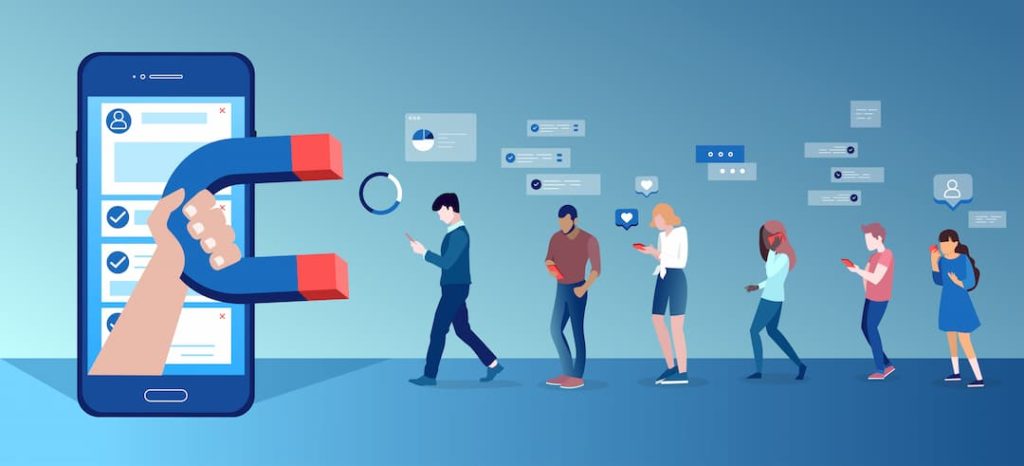
Why Is TikTok So Addictive?
There’s evidence to suggest that TikTok isn’t alone. In fact, the entire genre of short-form video content has addictive qualities. It creates an entertainment spiral, where you enter a state of concentration and enjoyment. This makes it harder for you to keep track of time and your surroundings, thus not being aware of how long you’re spending on the platform.
TikTok’s algorithm learns what videos you enjoy the most. When you watch a video and find it amusing, your brain gives you a hit of dopamine. The algorithm then lines up a queue of infinite videos that are tailored to your preferences, keeping you topped up with dopamine for as long as you’re using the platform.
What This Means For Social Media Advertising
If you’re using an online advertising service that displays your message to social media users, what does all this mean for you? The nature of your business will dictate the answer to this. At Search4Local, we provide honest and ethical advertising for local businesses. The companies that we represent offer essential services. Therefore, every advertisement that we put up is done in good faith. We only want to create advertising products that work for businesses and benefit their customers. While we can’t do much to intervene with people’s social media habits, we can continue to take steps to ensure that online advertising is done in a way that’s fair and ethical for all.
Written by Alice Farley
